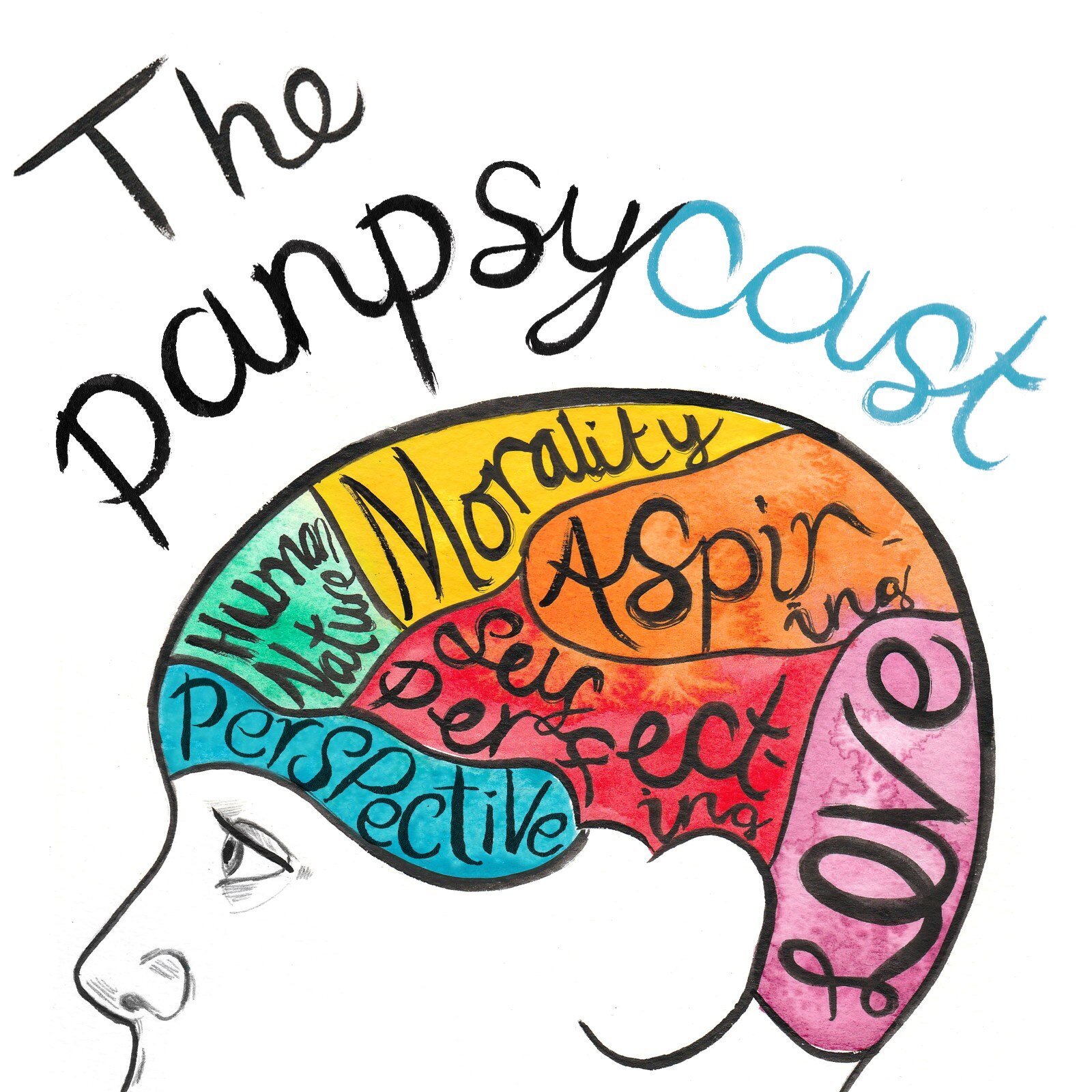Welcome to ‘Episode 108 (Part I of II)’, in which we’ll be discussing the existence of God with Professor Richard Dawkins.
The flight of a hummingbird, the sprint of a cheetah, the breath of a whale, a daisy turning towards the sunlight. Given the complexity of the natural world, we can understand why – before the publication of Charles Darwin’s On the Origin of Species – people believed that the universe was the work of an intelligent designer. These days, however – although creationism continues to be defended by religious fundamentalists – the scientific consensus is that the world’s organisms evolved through the long and arduous process of natural selection. ‘With a complete physical explanation,’ say the new atheists, ‘there’s no need to appeal to the supernatural.’
In this interview, we’ll be discussing atheism with Professor Richard Dawkins. It’s no exaggeration to say that Richard Dawkins is one of the most influential scientists, and the most famous atheist, of all time. Alongside his invaluable contributions to evolutionary biology, his books – including The Selfish Gene, The Blind Watchmaker, and The God Delusion – have a readership in the tens of millions, resulting in numerous prestigious awards and recognition as ‘the world’s top thinker’.
‘Although atheism might have been logically tenable before Darwin’, says Dawkins, ‘Darwin made it possible to be an intellectually fulfilled atheist.’ It is time we seized that possibility: that we embrace the godless universe, craft our own meaning, and stop suffering fools gladly.
The file size is large, please be patient whilst the podcast buffers/downloads/evolvesContents
Part I. Why I'm an Atheist
Part II. Further Analysis and Discussion

